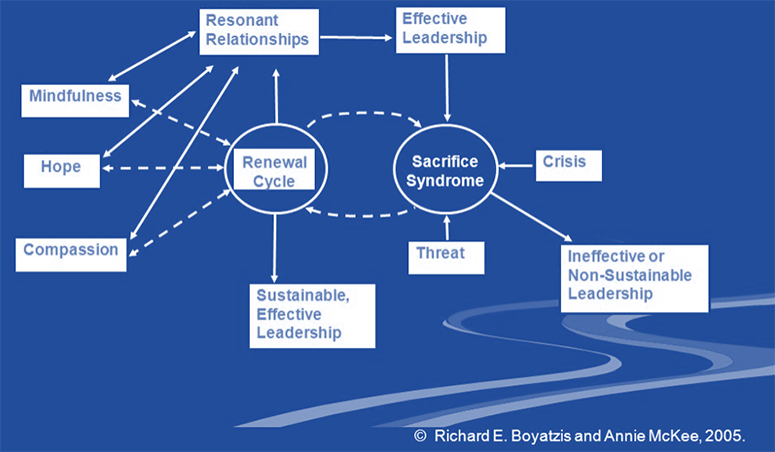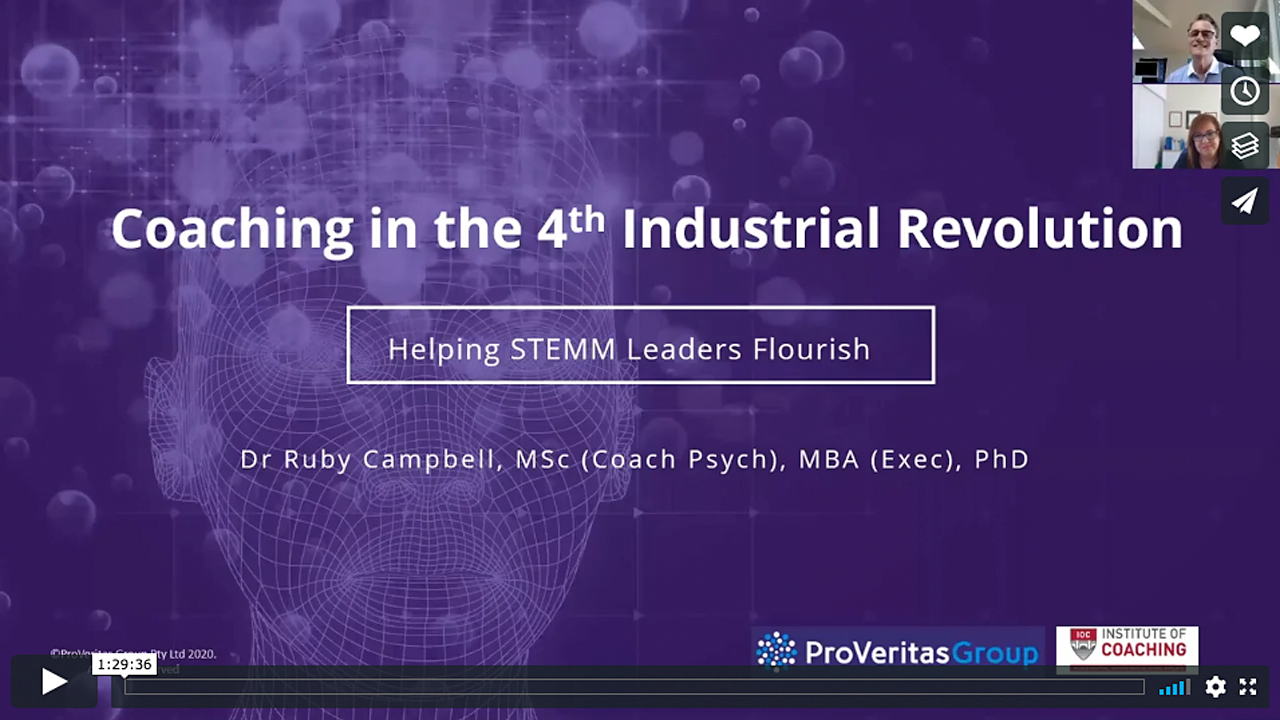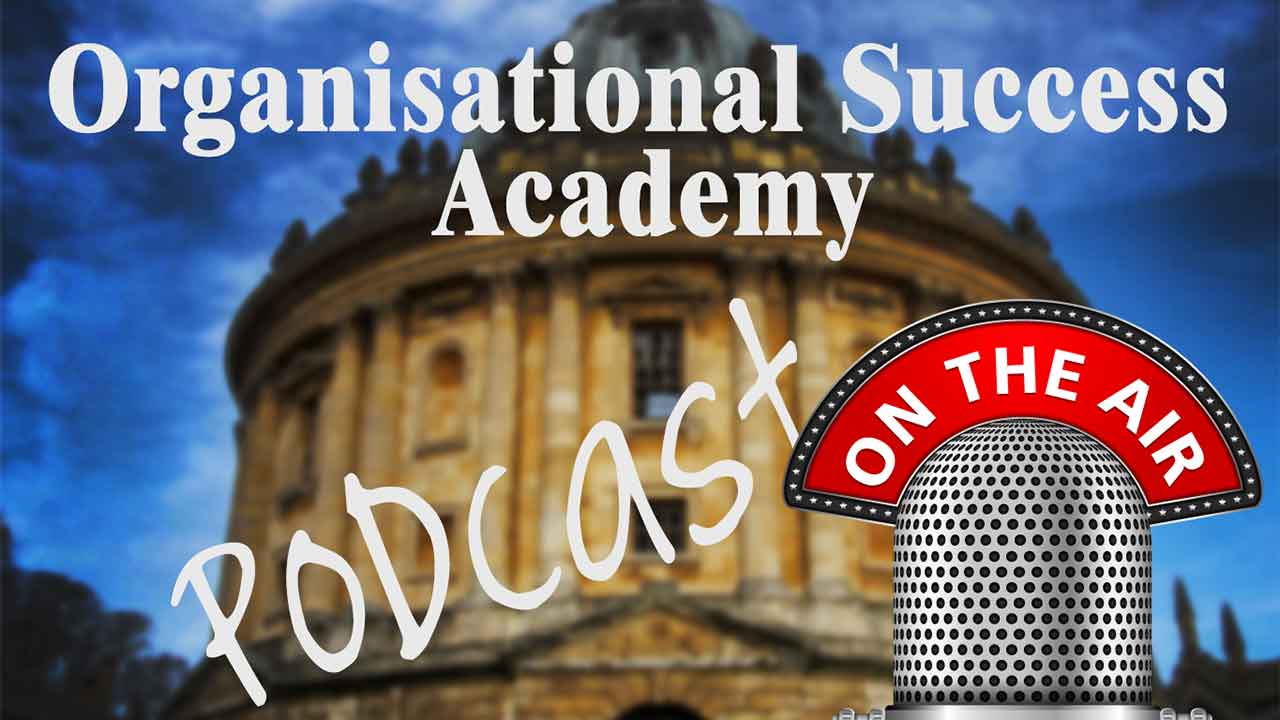Published: Dec 03, 2018
Written by: Dr Ruby Campbell

The topic of wellbeing at work has been gaining momentum around the world for quite some time now. Indeed, a new policy document has been published by the Australian government to assist organisations proactively achieve wellbeing in the workplace for their employees, as reported in the September edition of the Coaching for Growth newsletter.
There is an abundant amount of information currently available on wellness/wellbeing programs, offered by medical professionals, psychologists and coaches. Many large organisations offer such programs freely to their employees, including one-on-one coaching (ProVeritas Group has been involved with such programs for large Australian banks).
Notwithstanding these initiatives, employee burnout continues to escalate at alarming rates, with an estimated $125 billion - $190 billion in health-care spending each year and has been attributed to type 2 diabetes, coronary heart disease, gastrointestinal issues, high cholesterol and even death for those under the age of 45.
Understanding what goes on in or bodies when under extreme and sustained stress (just like many leaders now experience within today’s VUCA workplace) helps develop a deeper appreciation of the devastating consequences. More importantly, it informs scientists and coaches on the best measures to be taken to restore afflicted clients and ideally, avoid getting there all together. It was therefore enriching to glean additional scientific information from various presenters at the recent 2018 Coaching in Leadership and Healthcare Conference in Boston, organised by the Harvard McClean Medical School Institute of Coaching.
Richard Boyatzis’ keynote brought it all together, reinforcing the theoretical foundations taught in the Masters of Coaching Psychology at The University of Sydney, and linking it to the latest empirical evidence. Here are the key concepts:

Research is ongoing, and it is exciting to keep a watchful eye on these advances, especially as they will inform the executive coaching profession on the most effective interventions to help leaders avoid burnout.
On the other hand, this research can also provide the scientific foundation for what we already know about great leaders, and was wisely articulated by Richard Boyatzis at the conference (and adapted by the author):
OUR KEY leadership coaching solutions
Emotional Intelligence, visioning, sense-making, inventing and other essential leadership capabilities.
Evidence-based, customised L&D solutions to equip 21st Century leaders achieve business outcomes sustainably.
Helping teams function as more than “the sum of its parts” by learning how to connect and collaborate effectively.
Helping organisations understand, develop and action evidence-based ESG strategies with humanity in mind.
Executive Leadership Media & Podcasts

Podcast: Ruby Campbell’s SCIENCE Coaching Model - Episode 20
LISTEN NOW HERE

Webinar: Dr Ruby Campbell with the IOC McClean Hospital/Harvard Medical School Affiliate on 'Coaching in the 4th Industrial Revolution'. Leadership Coaching has become one of the most effective Learning &...
VIEW VIDEO HERE

Podcast: In this episode from The Oxford Review Podcast, an interview from Dr Ruby Campbell, author of Scientists in Every Boardroom: Harnessing the power of STEMM leaders in an irrational...
LISTEN NOW HERE
Dr Ruby Campbell is the founder and Managing Director of ProVeritas Leadership, and Executive Coaching and Consulting firm. She is also the author of the ground-breaking book Scientists in Every Boardroom: Harnessing the Power of STEMM Leaders in an Irrational World.
MORE ABOUT OUR TEAM
Please complete the enquiry form so we can help you with your growth journey. You will receive an email from us within 24 hours.